Introduction to the flavor characteristics of Ethiopia Anna Sola Dorothy White Peach Oolong Coffee Bean
Ethiopian white peach oolong Dorothy coffee beans
Producing area: Guji Guji
Manor: Anna Sola Ana Sora
Altitude: 1900-2350m
Grade: G1
Variety: original species Heirloom
Treatment method: enzyme washing
Production season: 2021
Flavor: lemon, peach, plum, oolong tea
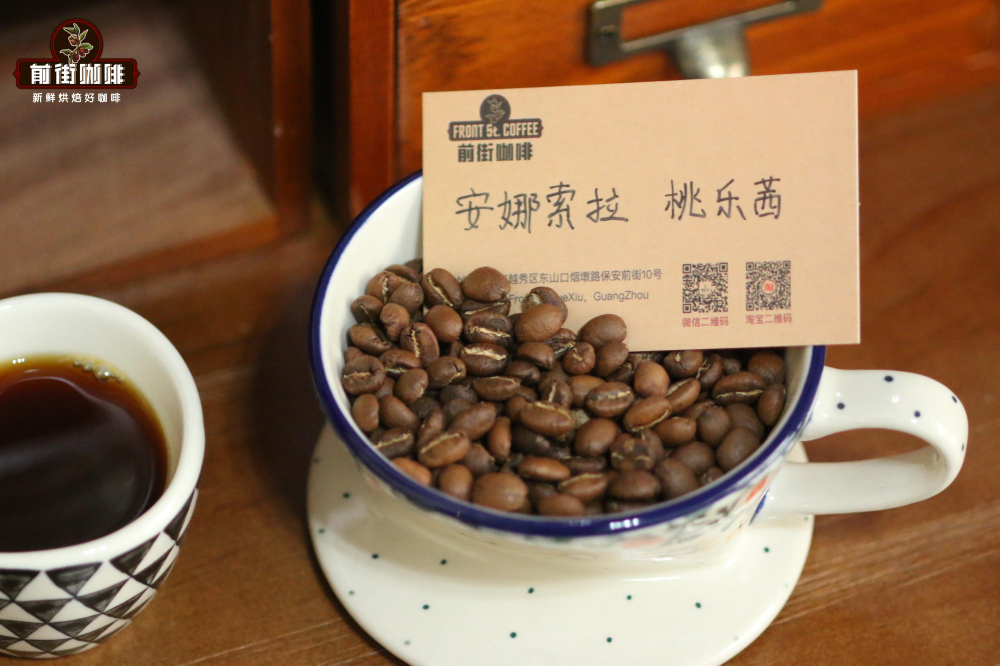
Ethiopian coffee beans have always been famous for their natural, rich floral and citrus flavors. Its nearly original planting pattern, rich and excellent coffee varieties, as well as traditional treatment methods. Makes the coffee very good. Since Ethiopian coffee began to show its edge, it has been planted in boutique producing areas and small-scale farmers. In 2011, documentary director Adam Overton went to Banchi Maggie to set up a Rosa Village estate, and Ethiopia had a sporadic plantation model.
Guji producing area
Guji producing area is a producing area that has attracted much attention in recent years, and it has made good achievements in flavor display and quality in recent years.
The Guji production area once belonged to the Sidamo production area, but it has been independent into a new production area by the Ethiopian Commodity Exchange (ECX) in 2010. In recent years, the Ethiopian government intends to create a large number of boutique coffee producing areas similar to Yega Xuefei. Guji producing area is one of the key projects in Ethiopia.
The Guji producing area is located in the southeast of the Yega Xuefei producing area, which is an area with complex topographical changes such as towering mountains, highlands, plateaus, valleys and plains. The geology of this area belongs to the nutrient-rich black soil (Vertisol), the depth of the soil is nearly two meters, and the average elevation is more than 1800 meters. The significant temperature difference between day and night created by geographical characteristics makes the local area have various local conditions for producing high-quality coffee.
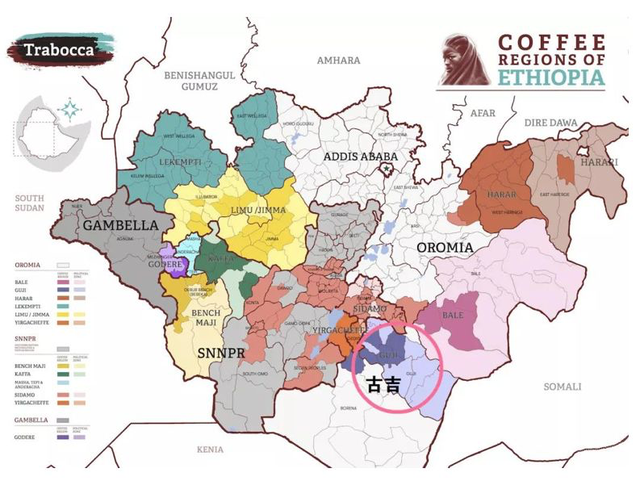
Since the independence of Guji production area, there have also been many famous sub-production areas, such as Humbera, which produces Huakui coffee, and Wulaga, which is the champion of toh in 2020.
Anasola.
Ana Sora is a single coffee plantation located in the Guji region. Israel Defga, the second-generation owner, began in 2010 and has a total area of 250ha, of which 150ha is used for growing coffee, which is 1900-2350 m above sea level. The estate introduces water from the Turo River and sets up its own washing treatment station. It has become one of the few farm-style washed coffee beans produced and sold in Ethiopia.
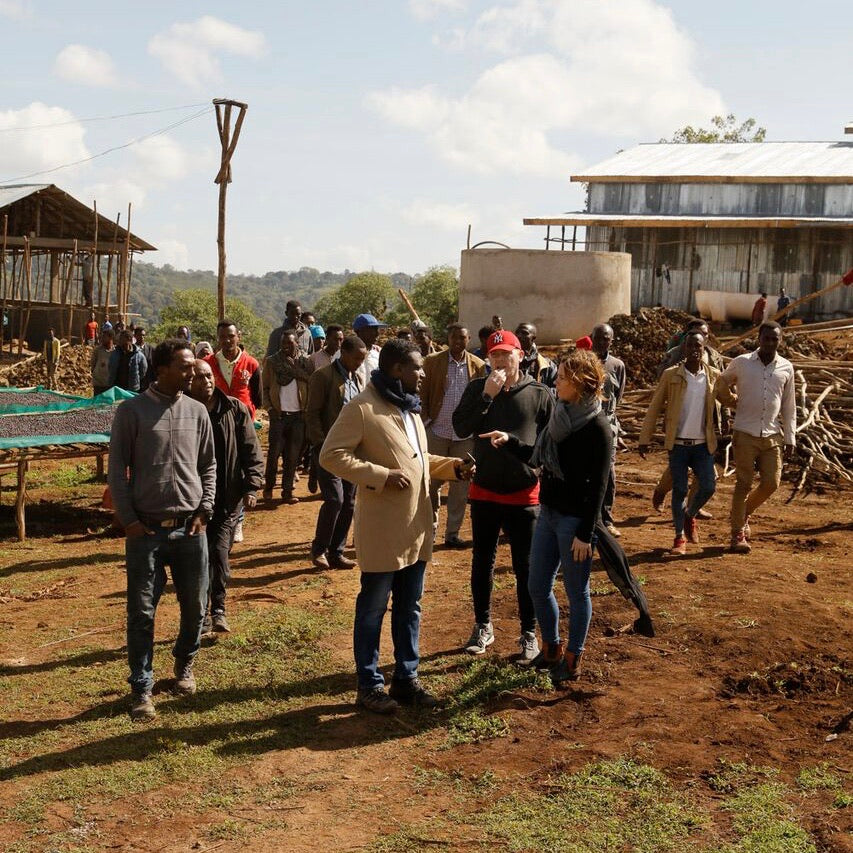
Treatment mode
Ethiopia has always treated coffee beans in the traditional way, and this coffee bean is washed with enzyme, which can be regarded as a more radical approach. After picking fresh coffee fruit, first put into the pool for flotation, this step can effectively remove unripe beans, broken beans, stones and other foreign bodies. Then pour the coffee fruit into a peeler to remove the skin, and then put it into a sealed tank to add enzymes to help ferment. After 24 hours, pour into the pool and soak for 48 hours. After the pectin is separated, it is carried on the drying bed to dry.
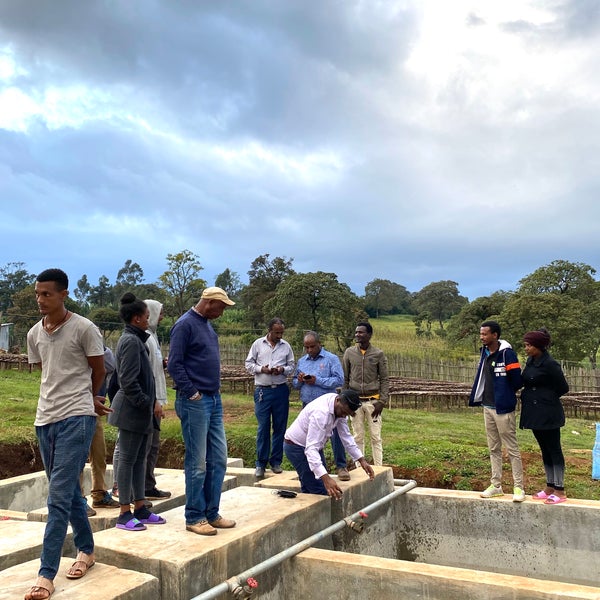
Roasting Analysis of Qianjie Coffee
After receiving this raw bean, the water content was first measured to be 10.2%, and then observed the status of raw bean, coffee particles are full, belong to relatively large particles, but the size is not uniform, the color is light green. Qianjie will choose to slow down the baking pace and roast to a medium-shallow level for coffee beans of different sizes.
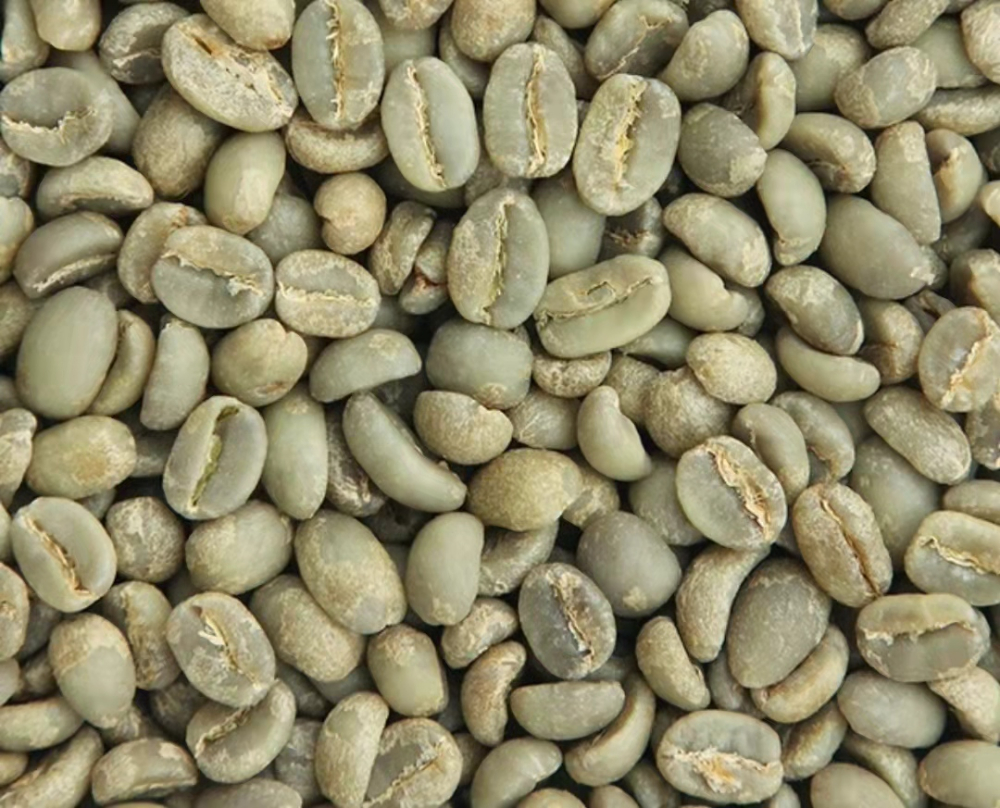
Test the flavor of Qianjie coffee cup
The coffee cup was tested after baking for 8 hours. The flavors tested by the cup are jasmine, white peach oolong, honey and tea sweet.
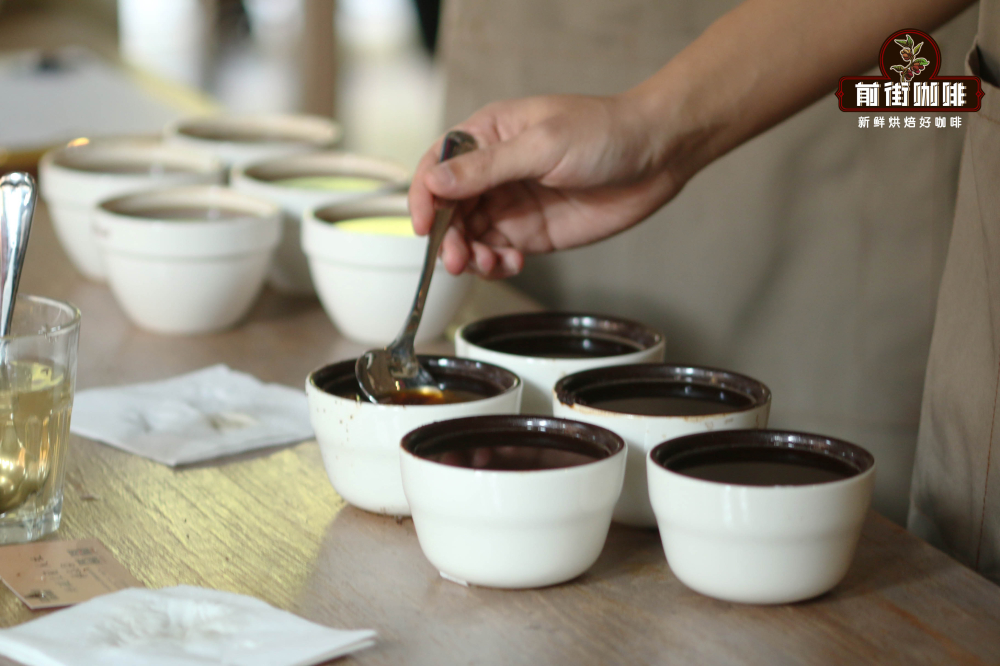
Suggestion on brewing coffee in Qianjie
Powder content: 15g
Ratio: 1prime 15
Water temperature: 91 degrees Celsius
Grinding: 80% pass rate of No. 20 screen
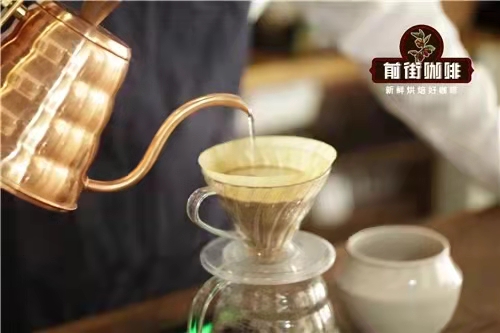
1. The first stage is filled with 30 grams of water and steamed for 30 seconds.
two。 At the end of steaming, the second section of water is injected, and 100 grams of water is injected outward in a circle in the center. This paragraph of water injection can be injected slowly, Rosa coffee is very extractable, it takes a certain amount of water injection time to flush out its aroma. Wait for the water level to drop to half after water injection.
3. When the powder bed is about to be exposed, 95 grams of water is injected into the third stage, with a total water injection of 225 grams. Wait for the coffee to be filtered and remove the filter cup. The total cooking time is 1 minute and 50 seconds.
Important Notice :
前街咖啡 FrontStreet Coffee has moved to new addredd:
FrontStreet Coffee Address: 315,Donghua East Road,GuangZhou
Tel:020 38364473
- Prev
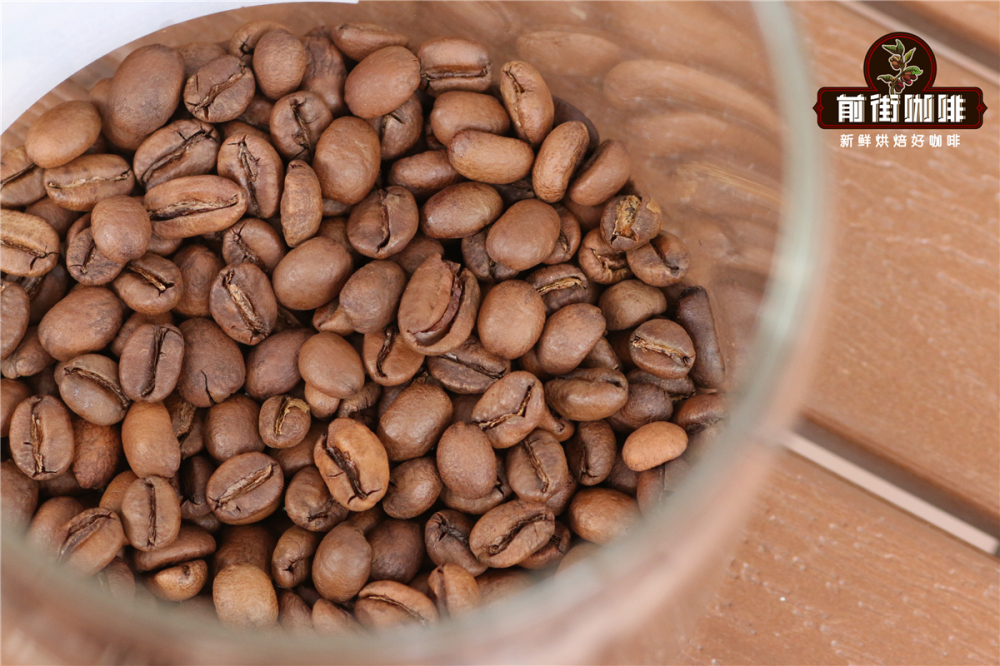
What are the flavor and taste characteristics of Huakui coffee bean 6.0? Ethiopia's latest Flavor Evaluation Information of Huakui Coffee 6.0
In 2022, the latest production season of Sakui Coffee arrived in Hong Kong as scheduled and was named Sakui 6.0 to distinguish the previous season. Friends who like Huakui can taste it at Qianjie store or buy it at the taobao online store on Qianjie. Why is Sakui Coffee so famous? it became famous in the first place
- Next

Panama ASD anaerobic low temperature slow sun-drying coffee Santos Manor Rosa coffee bean flavor
The Panamanian Rosa coffee we drink is usually treated with water washing and sun treatment, and the flavor is amazing and difficult to play with, so if we use other treatments, will the flavor of Rosa still be so outstanding?
Related
- Guji coffee producing area of Guji, Ethiopia: Humbela, Shakiso, Wulaga
- What is the most expensive variety of Qiloso in BOP multi-variety group?
- How to store the coffee beans bought home?
- Why are Yemeni coffee beans so rare now?
- Ethiopian Sidamo all Red Fruit Sun Sun Santa Vini Coffee beans
- SOE is mostly sour? What does it mean? Is it a single bean? what's the difference between it and Italian blending?
- Is Italian coffee beans suitable for making hand-brewed coffee?
- How to choose coffee beans when making cold coffee? What kind of coffee beans are suitable for making cold coffee?
- Just entered the pit to make coffee, what kind of coffee beans should be chosen?
- Can only Japan buy real Blue Mountain Coffee? What are authentic Jamaican Blue Mountain coffee beans?

